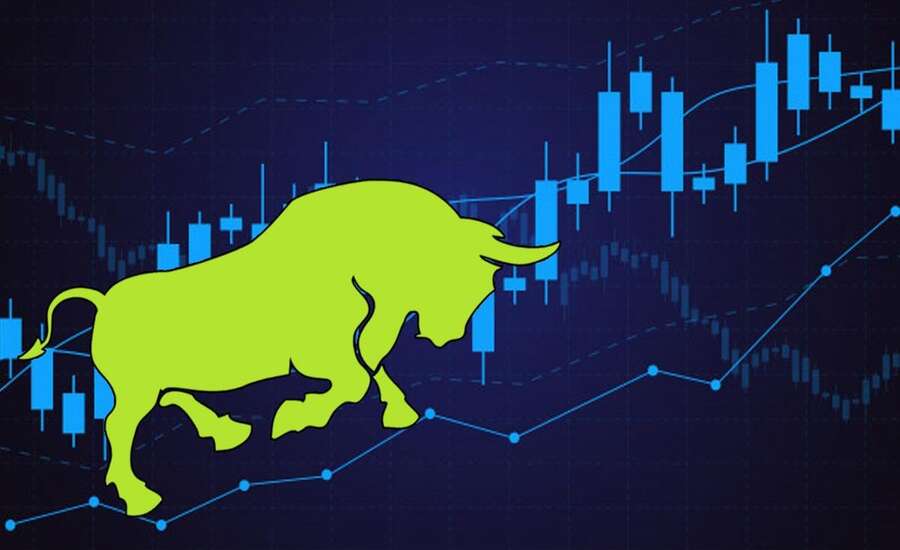

After the bloody downturn of 2022 and the broad-based uncertainty of 2023, retail investors are enjoying a more upbeat outlook on financial markets and the economy.
The most recent retail trader survey from Charles Schwab reveals a significant uptick in bullish sentiment among retail traders, with more than half of the respondents sharing optimism about the U.S. stock market's prospects.
The quarterly report found 53 percent of those surveyed are bullish on the market, marking a record high since the survey's inception in 2021 and a significant improvement from just 32 percent in the last quarter of 2023.
Among the active traders Schwab surveyed on its platform, nearly half of the traders (49 percent) now see the current climate as favorable for equity investments, up from 41 percent in the prior quarter.
This shift in sentiment is accompanied by a growing confidence in the U.S. economy's ability to sidestep a recession in 2024, with 48 percent of respondents holding this view, up from just 23 percent previously.
“As the economy continues to show signs of improvement, trader optimism is on the rise with bullishness at its highest level since we began the survey,” James Kostulias, head of trading services at Charles Schwab, said in a statement.
Kostulias also noted that while optimism is growing, retail investors are still navigating a landscape filled with uncertainties, ranging from global conflicts to domestic political dynamics and inflationary pressures.
The survey highlighted a shift in traders' concerns, with geopolitical and global macroeconomic issues now at the forefront (18 percent), edging out worries about the political landscape in Washington (16 percent). Fears of a looming recession have also eased, reflecting a broader sense of market confidence.
Despite concerns over the potential impact of the upcoming presidential election, the trajectory of the federal funds rate, inflation, and geopolitical conflicts on markets in the coming year, traders were confident in their own decision-making abilities, reaching a record high of 68 percent. Additionally, 54 percent of traders reported feeling financially better off than they were a year ago, a 21-percentage-point increase from the last quarter.
From a sector standpoint, the survey uncovered a bullish stance on information technology (55 percent), health care (51 percent), and energy stocks (46 percent), while real estate (41 percent) and consumer discretionary stocks (35 percent) are viewed less favorably.
Interest in AI stocks stood out, with 61 percent of traders feeling bullish on the sector, alongside value stocks (54 percent) and domestic equities (52 percent). On the flip side, just a third of the survey participants said they felt confident about international stocks (35 percent), Treasuries (33 percent), and cryptocurrencies (32 percent).
As investors look to move more of their money out of the sidelines, 52 percent of the traders Schwab surveyed said they plan to move money into individual stocks, while two-fifths (39 percent) are reallocating toward ETFs.

The move to charge data aggregators fees totaling hundreds of millions of dollars threatens to upend business models across the industry.

The latest snapshot report reveals large firms overwhelmingly account for branches and registrants as trend of net exits from FINRA continues.

Siding with the primary contact in a marriage might make sense at first, but having both parties' interests at heart could open a better way forward.

With more than $13 billion in assets, American Portfolios Advisors closed last October.

Robert D. Kendall brings decades of experience, including roles at DWS Americas and a former investment unit within Morgan Stanley, as he steps into a global leadership position.
Orion's Tom Wilson on delivering coordinated, high-touch service in a world where returns alone no longer set you apart.
Barely a decade old, registered index-linked annuities have quickly surged in popularity, thanks to their unique blend of protection and growth potential—an appealing option for investors looking to chart a steadier course through today's choppy market waters, says Myles Lambert, Brighthouse Financial.
